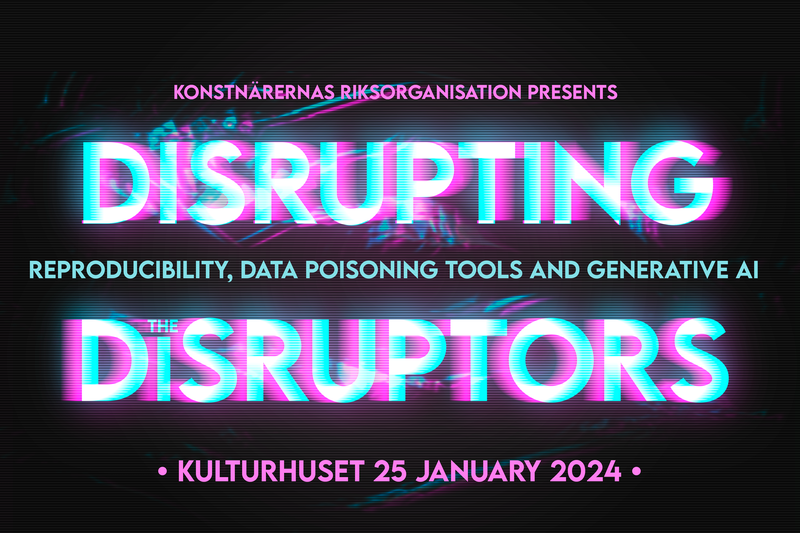
Disrupting the Disruptors – A seminar about reproducibility, data poisoning tools, and generative AI
Datum: 25 januari 2024
Tid: 13:00-17:00
The seminar is fully booked. If you want to If you want to be on the waiting list, email geska@kro.se
Thursday 25th of January 13.00-17.00 at Foajé 3, Kulturhuset Stockholm
There is much to be unpacked in the accelerating rollout of services and routines pertaining to the field of machine learning and artificial intelligence, especially in relation to art. Artists are prone to be the early adopters of paradigm-changing technologies. The intricate position of art practice in the age of mass (re)production necessitates an aptitude in dealing with the impending obsoleteness of established skills and modes of production. It can be argued that artists often play the role of the proverbial "canary in the coal mine," singing about the limitations and potential flipsides of forward-thrusting development, otherwise hidden from the starry gaze of social innovators, shrewd entrepreneurs, and enthusiastic engineers.
The seminar will feature thought-provoking presentations by leading scholars and practitioners who will talk about different strategies and critical responses that artists can employ in relation to generative AI. Hopefully, some of us will be equipped with a new bag of tricks on how to "disrupt the disruptors," that is, how to re-wire or even short-circuit the big wave of automation and reclaim some level of control regarding economy, legal rights, and cultural reproduction.
Erika Balsom Reader in Film Studies at King's College London
Ben Zhao Professor of Computer Science at University of Chicago.
Katarina Renman Claesson Legal researcher and general counsel at Konstnärernas Riksorganisation
Jussi Karlgren Principal AI Scientist at Silo AI and a docent of language technology at Helsinki Univeristy
Moderator: Robert Brečević Artist, Filmmaker and Programmer
Speakers
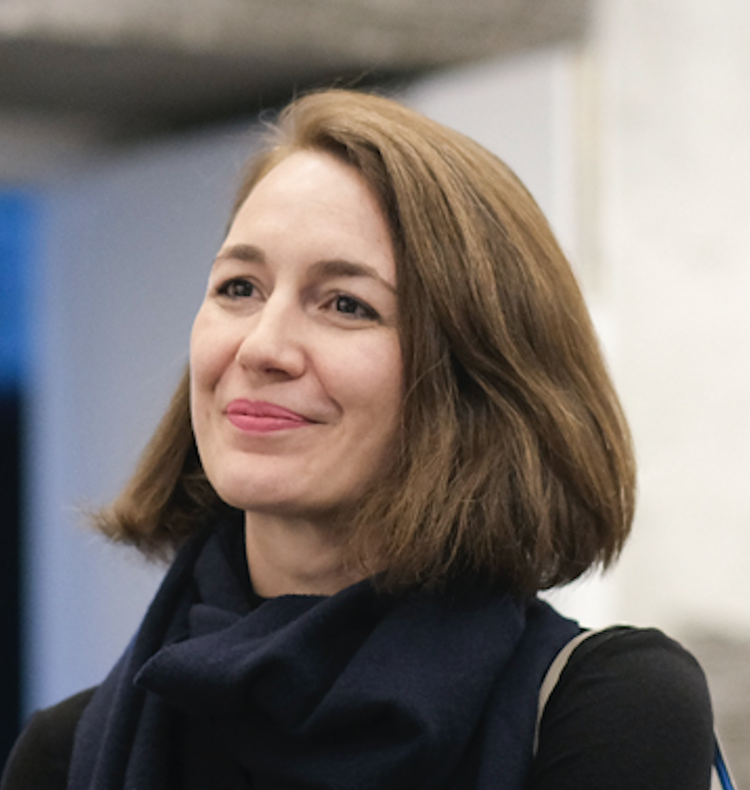
Erica Balsom: After and Beyond Uniqueness
“New forms of reproducibility inspire new forms of control, which in turn ignite the desire for the utopia of reproduction and prompt a search for practices of copying that will escape regulation,” Erika Balsom writes in After Uniqueness: A History of Film and Video Art in Circulation. In her lecture, which takes the book as a starting point, Erika Balsom traces the ideological, technological, and historical conventions that have framed the possibilities and meanings of image reproduction in the fields of film and video art. The historical praise of technological reproducibility moves in parallel to the chronic suspicion of the copy. From the Platonic differentiation between ideal forms and their inferior copies to Jean-Jacques Rousseau’s Romantic anxiety regarding the cultural depletion of uniqueness, Balsom roots her examination of film and video art within a genealogy of in/authenticity.
Erika Balsom is a scholar and critic based in London, working on cinema, art, and their intersection. She is a Reader in Film Studies at King’s College London and holds a PhD in Modern Culture and Media from Brown University. She is the author of four books, including After Uniqueness: A History of Film and Video Art in Circulation (Columbia University Press, 2017) and TEN SKIES (Fireflies Press, 2021, shortlisted for the Kraszna Krausz prize). Her criticism appears regularly in venues such as Artforum, Cinema Scope, and 4Columns.
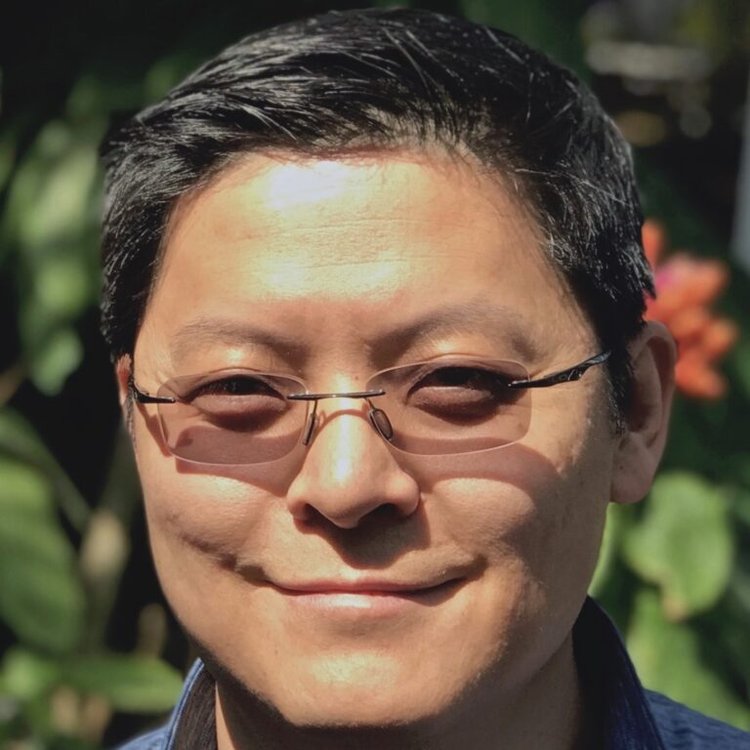
Ben Zhao: Mitigating Harms of Generative AI using Adversarial Tools
Recent developments in machine learning and artificial intelligence have taken nearly everyone by surprise. Unlike so many sci-fi stories we’ve all read, the arrival of arguably the most transformative wave of AI did not bring us smart cities full of self-driving cars, or robots that do our laundry and mow our lawns. Instead, it brought us over-confident token predictors that hallucinate, deepfake generators that produce realistic images and video, and ubiquitous surveillance. In this talk, I’ll describe some of our recent efforts to warn, and later defend against some of the darker side of AI. In particular, I will tell the story of how our efforts to disrupt unauthorized facial recognition models led unexpectedly to Glaze, a tool to defend human artists against art mimicry by generative image models. I will share some of the ups and downs of implementing and deploying an adversarial ML tool to a global user base, and reflect on mistakes and lessons learned.
Ben Zhao is Neubauer Professor of Computer Science at University of Chicago. He completed his Ph.D. at U.C. Berkeley (2004), and B.S. from Yale (1997). He is a Fellow of the ACM, and a recipient of the NSF CAREER award, MIT Technology Review's TR-35 Award (Young Innovators Under 35), USENIX Internet Defense Prize, ComputerWorld Magazine's Top 40 Technology Innovators award, IEEE ITC Early Career Award, and Faculty awards from Google, Amazon, and Facebook. His work has been covered by many media outlets including New York Times, CNN, NBC, BBC, MIT Tech Review, Wall Street Journal, Forbes, and New Scientist. He has published over 180 articles in areas of security and privacy, machine learning, networking, and HCI. He served as TPC (co-)chair for the World Wide Web Conference (WWW 2016) and ACM Internet Measurement Conference (IMC 2018).
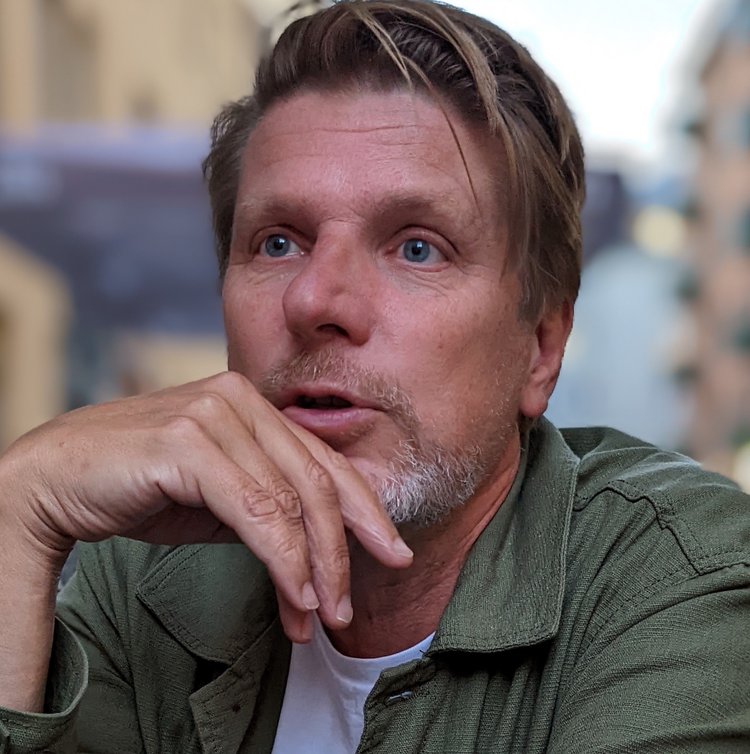
Jussi Karlgren: Communicative capacity and alignment to task: what can generative AI create?
The current generation of generative AI models exhibit impressively versatile communicative competence. They show great promise to be useful components in tools built for tasks where understanding and generating human language and images are central.
Their capacity to emulate human performance on a turn by turn basis and their ability to recall and repurpose previously human-generated material is good enough to surprise, confound, delight, and entertain human interlocutors. It comes naturally for us as hapless users to infer human-like characteristics to a system based on generative AI models. But today's models lack intentionality, awareness of social context and consequences, and their world knowledge and understanding of humans is implicitly acquired through observing text and images rather than from experience, from instruction, or from principled learning. When generative models are used for creative tasks, this becomes rather evident. What would be needed for the next generation of generative models to become creative rather than derivative? Are there aspects of the human experience that cannot be captured by coming generations of generative models?
Jussi Karlgren is a Principal AI Scientist at Silo AI, where he works on generative language models, and a docent of language technology at Helsinki University. He has worked on various aspects of artificial intelligence since the late 1980s, spanning linguistic stylistics, information retrieval, recommendation systems, and language models. He has been a researcher at SICS (now RISE ICT) for 20 years, co-founded and then worked at Gavagai, a text analysis company, for 10 years, and was a researcher at Spotify for four years. During the past years, he has held various research-related roles at Xerox PARC, New York University, Yahoo! Research in Barcelona, Recorded Future, Stanford University, Berättarministeriet, Statens Medieråd, and KTH Royal Institute of Technology.
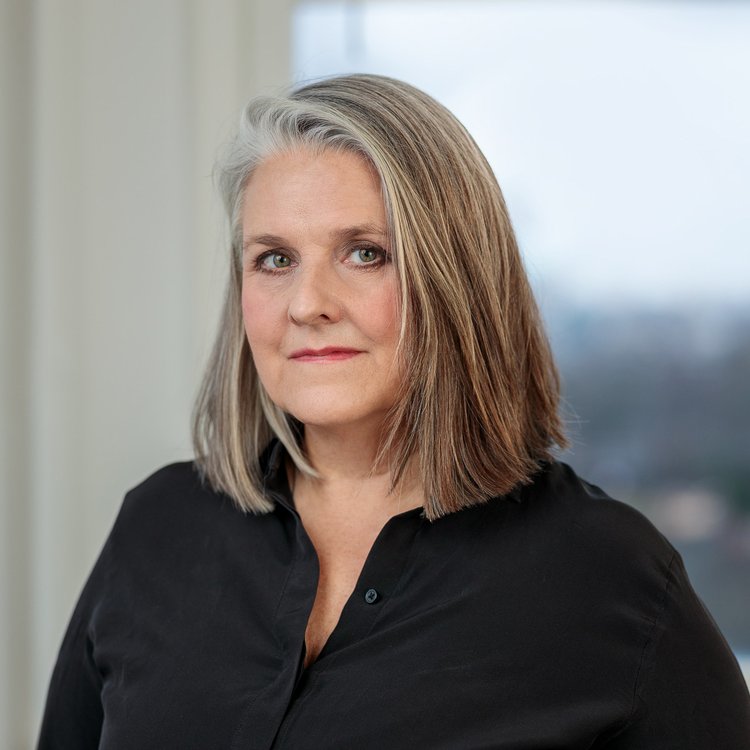
Katarina Renman Claesson “What about the artistic integrity and AI?”
UK's Act of Anne from 1710 is often said to be the first regulation that introduced the author to the value chain based on his/her work, the market for the printed text. Since then, we have seen the development of many new technologies with core values based on protected works, balancing the development of the technology and the new market with the rights of the creators. Bumpy at first. There has for a long time been a consensus in global communities, stated in slightly different wordings in Declarations, Conventions, and constitutional agreements, that authors have a “right to the protection of the moral and material interests resulting from any scientific, literary or artistic production of which he is the author.” (art 27.2 UN Declaration of Human Rights). How do we uphold the authors' rights at the same time as we stimulate the great, innovative potential we have in all kinds of AI use? And how do we ensure that those who do not want to be a part of the feed to AI learning have their artistic integrity respected? Law, contract, and technology. What is the way forward?
Katarina Renman Claesson is a legal researcher and general counsel at the Artists’ Association of Sweden (Konstnärernas Riksorganisation). She has specialized in art law, intellectual property law, contract law, artistic freedom, and other art law issues, with a focus on the author. She also follows the changes new technology, such as AI, brings to authorship and its regulation.
Moderator
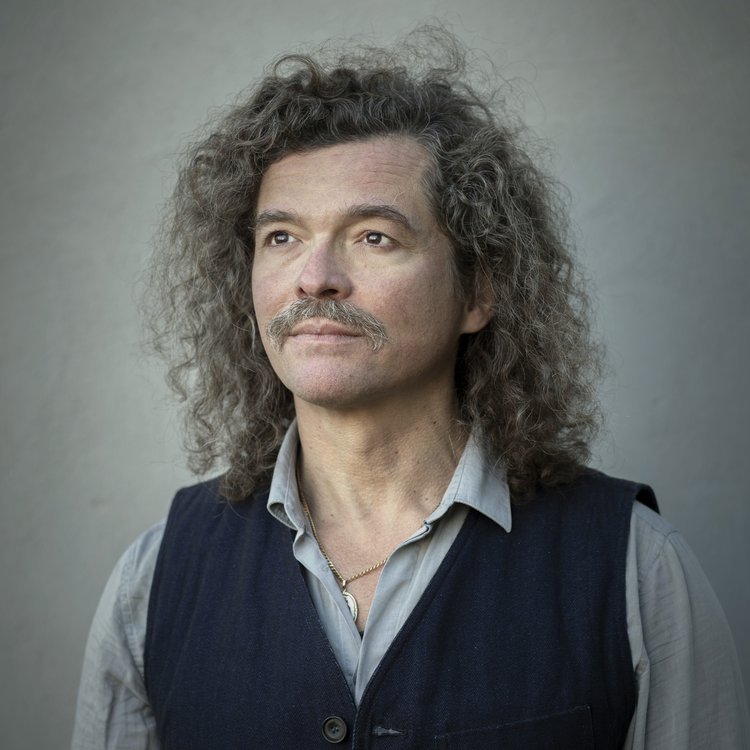
Robert Brečević is an artist, filmmaker, writer, and computer programmer who works with experimental film and micro-narratives to be explored or re-created in public spaces. Educated at the Swedish Institute of Dramatic Art — with a professional background in film, TV, and computer game development. He has worked as a researcher at Stockholm University, the Interactive Institute, and as the founder of Sweden’s first computer game development program at the University College of Gotland. He has received multiannual project funding from the French Association of Authors and Composers (SACD), the Swedish Research Council, and EU Media Programme. He is the co-founder of Performing Pictures, established in 2004 as an artistic research studio within The Interactive Institute, which is today an institutionally independent platform for artistic research and practice primarily geared towards hybrid forms of interactive video, art installations, and performance art.
foto: Anna Drvnik
Anmälan
Vem kan delta? Seminariet är öppet för alla intresserade.
Avgift: Seminariet är kostnadsfritt, men anmälan är bindande. OBS! Avbokning kan ske kostnadsfritt upp till 7 dagar innan seminariet. Därefter debiteras du en avbokningsavgift eller no-show-avgift på 250 kronor. Det går bra att överlåta biljetten till en kompis.